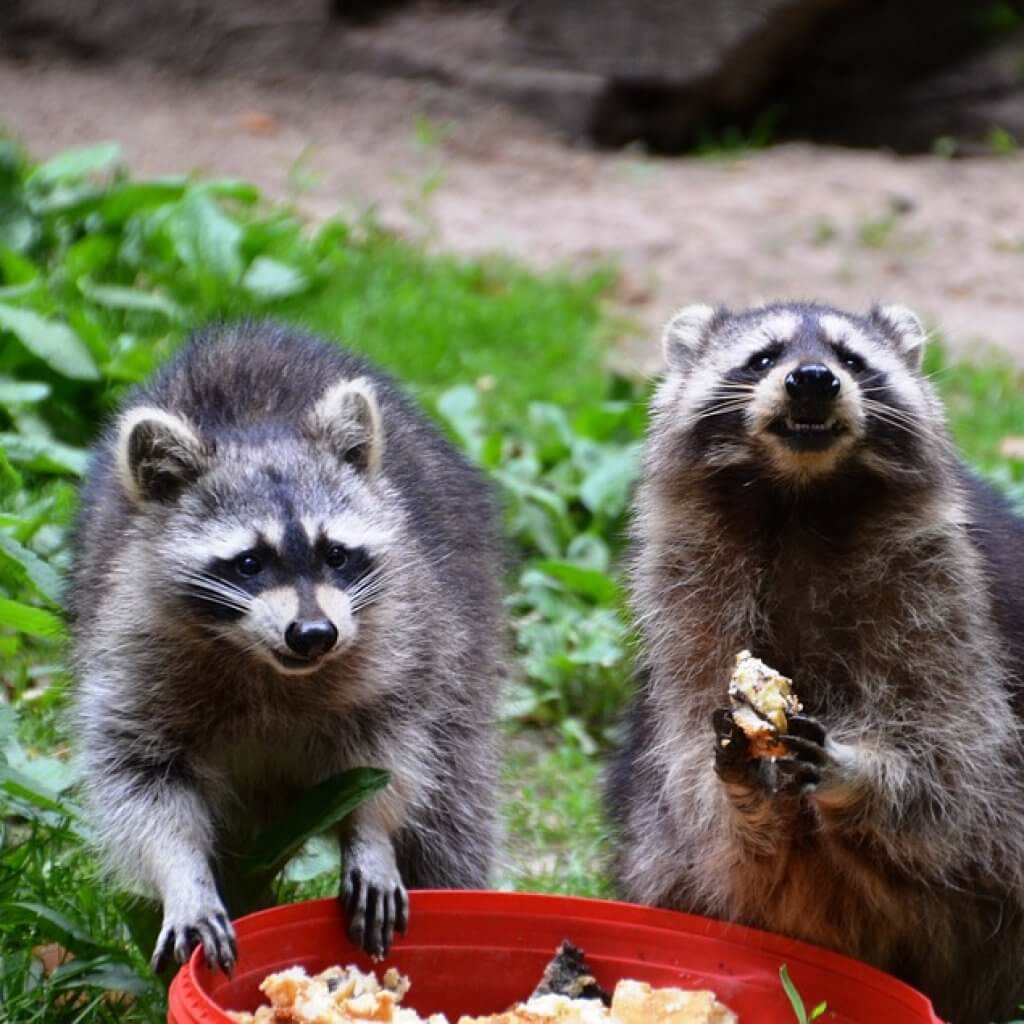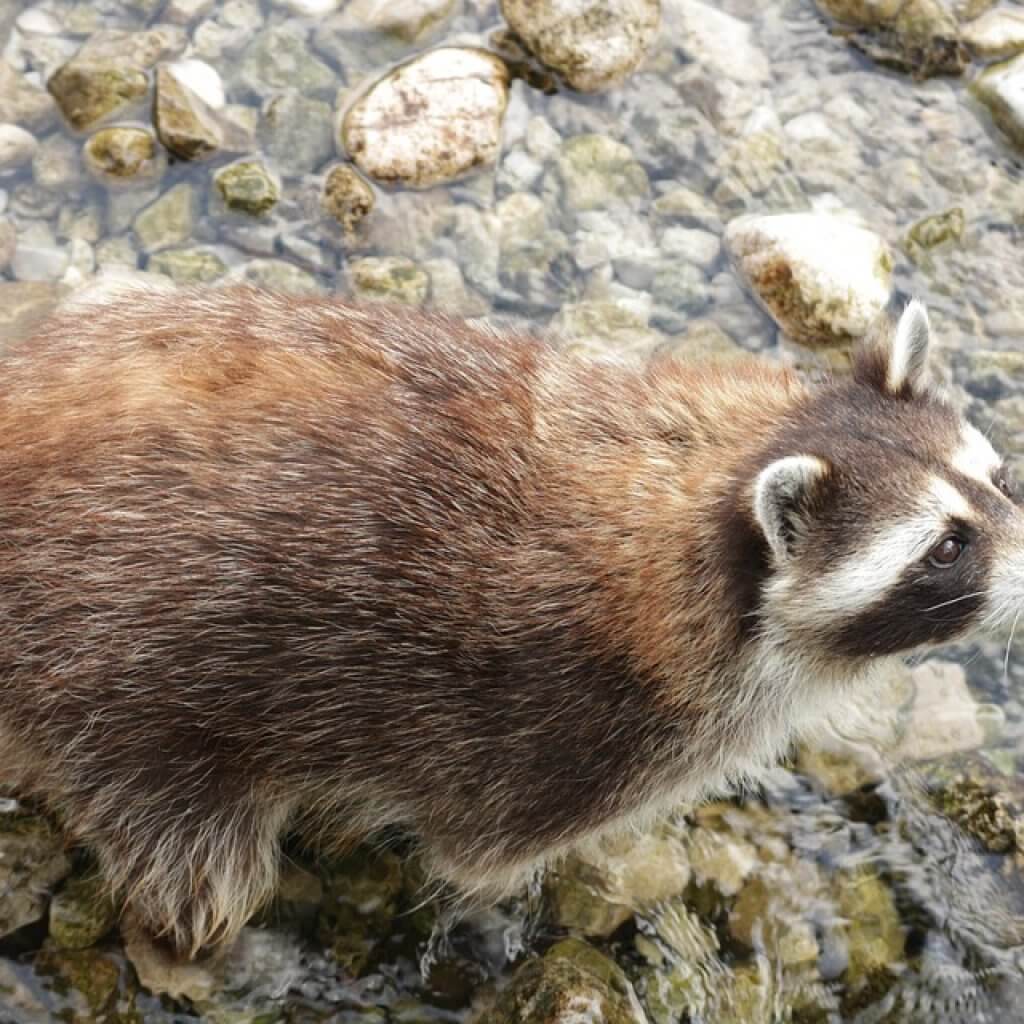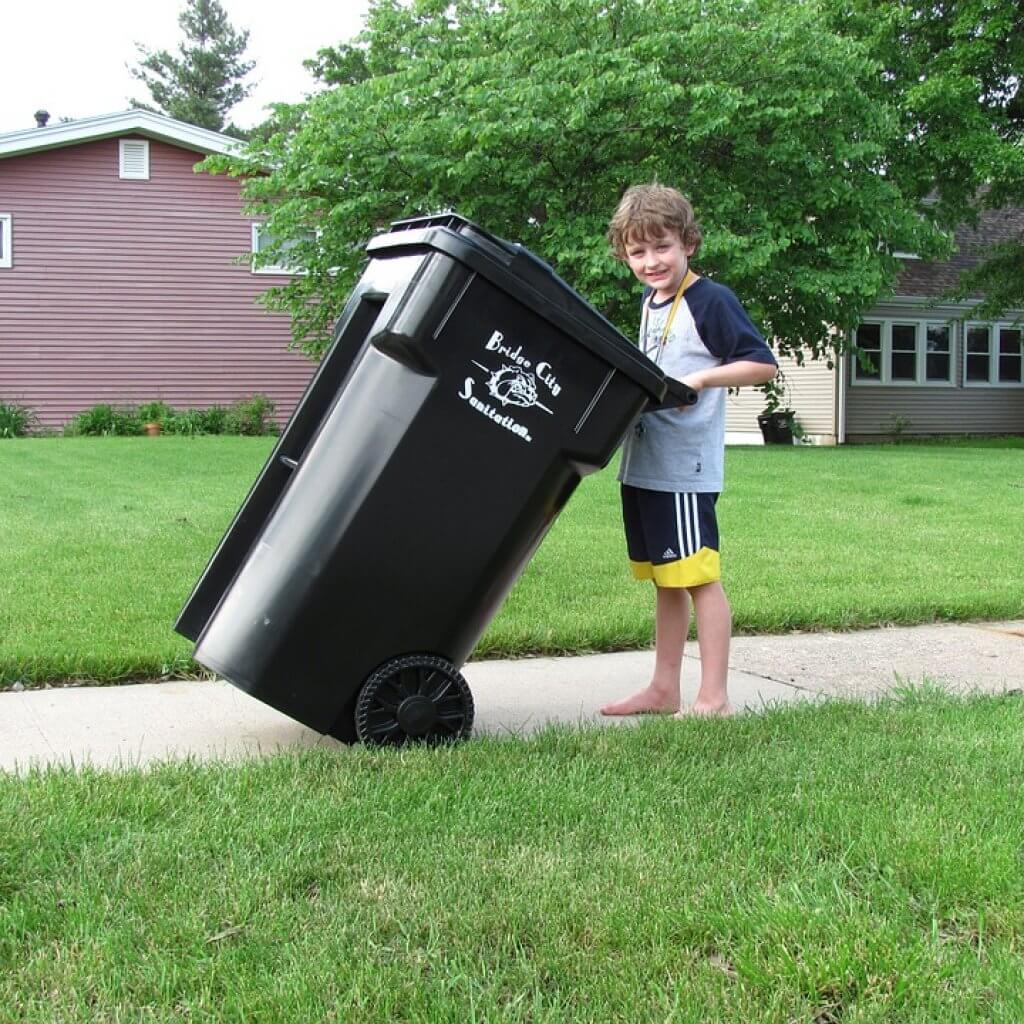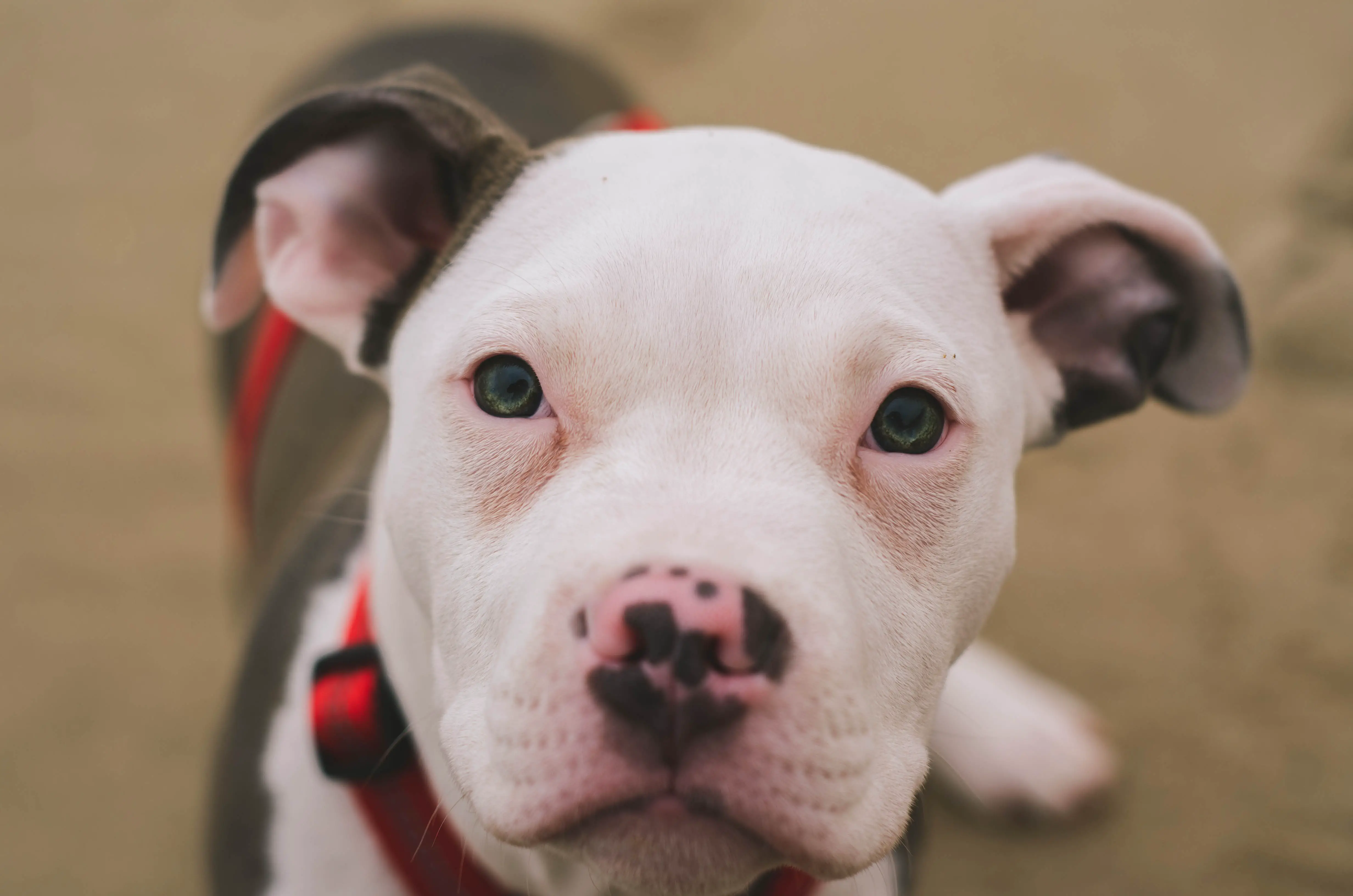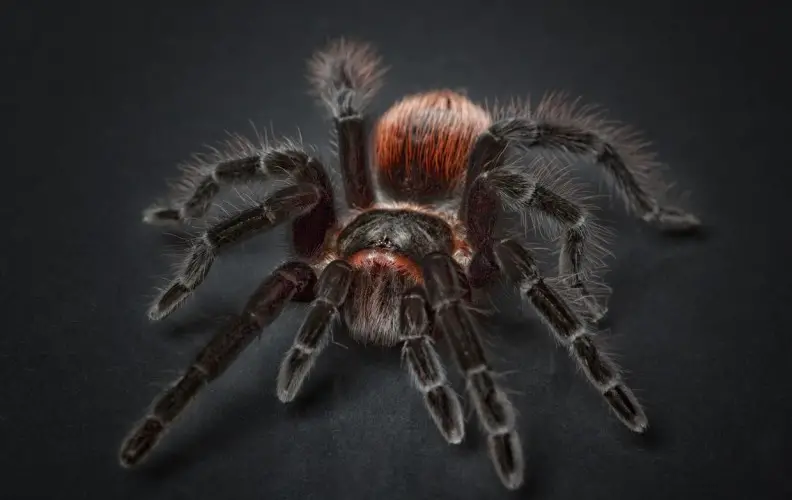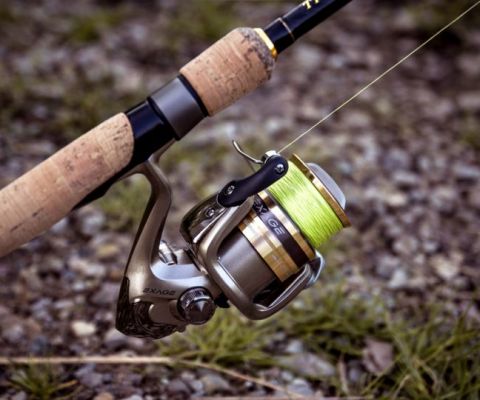Raccoon Deterrent: How to Keep These Critters Away
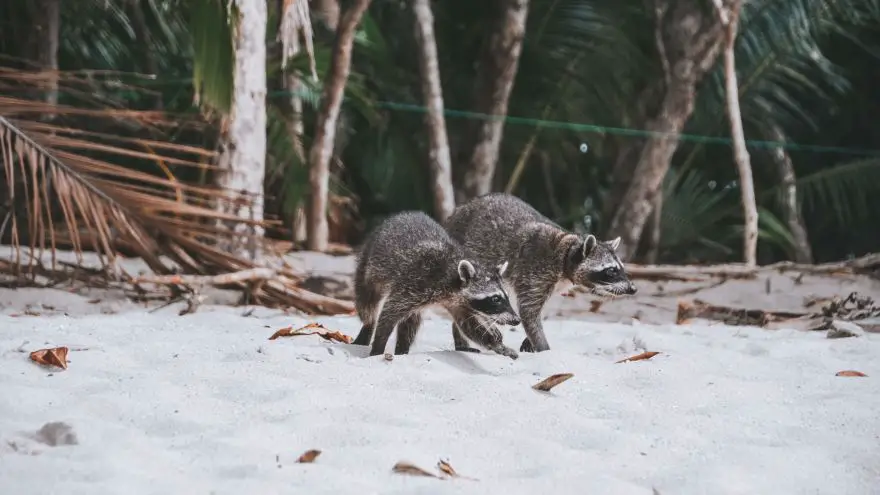 Raccoon Deterrent: How to Keep These Critters Away
thegearhunt.com
Raccoon Deterrent: How to Keep These Critters Away
thegearhunt.com
Though they are adorable with their furry little bodies and their cute little faces that look like they are wearing a mask, raccoons aren’t the sweet little critters they look like and they will attack you if they feel threatened. Since raccoons are smart, agile, and extremely curious, they have interactions with humans quite often, more often than most humans would prefer to have contact.
Throughout Northern America, raccoons are a common nuisance in not only urban and country areas, but in cities now as well. Not only will they raid your gardens and trash cans, but they are also not above getting into your attic or your garage either, and since they are so adaptable when you come up with one way to keep them out, they come up with another way to get in. If you have ever watched a raccoon try to get the lid off of a trash can, you couldn’t help but be impressed with their agility, wit, and outright persistence to get into your trash can and get the food they are seeking. And still, no matter how hard humans try, it’s almost impossible to keep them determined critters out of the trash. Raccoons have even been rumored to break into people’s garages, open fridges they have there and then still the food inside. Yep, they are said to be just that good and just that intelligent!
While they are intelligent, furry, and cute as a button, don’t let that fool you, raccoons can be vicious and they are quite dangerous to anyone who they feel threatened by. That’s why in this blog, we will go into how to keep these cute, little critters away from your home, a few ways to get rid of them if you see them hanging around, and even some of the myths out there associated with raccoons as well. So, are you ready to dig into our blog on raccoons and how to keep them away from your property? So are we! Pull up a chair, grab a drink, and follow me.
Physical Characteristics of Raccoons
You’re watching TV, comfortable in your robe, your slippers, with a bowl of popcorn by your side, when suddenly you hear a ruckus in the backyard, that doesn’t sound like the wind. It sounds like something is in your trash cans. You rush to the door, fling it open, and find a pair of beady eyes staring back at you. However, you’re not sure what it is you’re looking at. While most people that live in suburban areas and most people who live in the country know exactly what a raccoon looks like, they are a little new to city dwellings, and you might not have run across one till tonight. It will help if you know a little about the physical characteristics of the critter in your backyard. Read on below for a few of those characteristics to be revealed.
- Round
- Fuzzy
- Has what looks like a black mask over its eyes, earning it the nickname the bandit in some cases
- Bushy Tails
- Adult raccoons can reach up to 40 pounds in weight
- Features dark circles around their tail
- These critters have been known to be able to run up to 15 miles per hour
- They can also swim
This should be enough of a description for you to be able to identify the critter staring at you from your backyard. It’s also important to note that while raccoons are nocturnal, they will scavenge during the daylight hours as well, and though they are less active in the winter months, they are out there, so don’t think that you can let down your guard, just because it has gotten cold outside.
Now, that you know what a raccoon looks like, it’s time to move into a few of the ways that you can safely remove them from your property should you start having a problem. Remember, they don’t just get into the trash outdoors, they will venture into your attic, crawlspaces, garages, and even your home if they can find a way inside.
Tips for Ridding Your Property of Raccoons
If you have found a raccoon on your property, it’s important to know that it won’t just go away on its own. If the raccoon has access to water, food, and shelter, it will be there to stay. However, you can’t let that happen, so here are a few tips and ways to remove the raccoon from your property.
Live Humane Traps / DIY Trap Options
Most people really have no problem with the raccoon itself, they just don’t want it destroying their property, so they want to remove the raccoon in the most humane way possible. That is why there are DIY, do it yourself, live trap options out there to help you get the raccoon and relocate it somewhere for from your property. These traps cost anywhere from $50 to $100 and you can use them more than once.
However, before you use a live trap, make sure to check your state and local laws to see what their policies are on trapping raccoons and relocation. Every state and city have different laws and you don’t want to break any, by just trying to get a raccoon off of your property the humane way. Sometimes, a permit is required and oftentimes the state or city needs proof that the raccoon is being destructive enough that it needs to be relocated.
Professional Trapper Services
It is also possible and much less dangerous, to have a professional trapper service come in and remove the raccoon for you. This is quite a bit more expensive, but it’s also safer for you and the raccoon. A raccoon will become aggressive if it feels cornered and you will have to visit your doctor if you are bitten or clawed as raccoons can be carriers of rabies. Hiring a professional trapper service is the best way to go for you and the raccoon if you think about it for a second.
There are also other methods to remove raccoons from your property out there, from electronic devices to odor repellents, and poisons. If you do your research, you will be able to find the one that is the best fit for you.
Dangers of a Raccoon on Your Property
The problems with raccoons on your property aren’t just that they are destructive and tend to scatter trash everywhere, having a raccoon take up residence on your property can be dangerous to you, your family, and your pets as well. Read on below for a few of those dangers to be revealed.
Dangers to Household Pets
Raccoons are known to carry quite a few parasites on them, and if they come in contact with your household pets, they can transmit those parasites to them, causing them to develop mange, fleas, coccidiosis, distemper, rabies, and leptospirosis. These are diseases you don’t want your pet to have, and they are commonly transferred to household pets such as cats and dogs. It’s important to make sure that your pets are vaccinated and it’s also a good idea to keep your pets indoors at night when raccoons are the most active.
Dangers to Children and Adults
It is possible that when you try to remove a raccoon yourself, it will bite and scratch you, meaning that you are susceptible to the parasites they are carrying and could be infected with rabies. If you are your child are ever scratched or bitten by a raccoon, it’s important to go the emergency room right away, as there is no cure once you have contracted rabies and it is a slow and painful death. Raccoons also pass roundworms everywhere they go, another condition that can make humans extremely sick.
Dangers to Your Home Itself
We have already discussed how destructive a raccoon can be. Not only do they get into everything, they like to build their nests in safe, warm, sheltered places, meaning that they could set up house in everything from your chimney to your attic. They leave droppings behind and can make your house smell horrible.
Those are the dangers of letting a raccoon live on your property, now let’s move into some tips for preventing the raccoon from invading your property and home, to begin with, below.
Tips for Preventing Raccoons from Invading Your Property
Of course, everyone knows that the best way to get rid of raccoons is to prevent them from invading your property, to begin with.
Put Locking Lids on all Trash Cans
Raccoons are well-known for being able to get partially closed lids off of outside trash cans and fully closed ones as well. They have also been known to enter people’s homes through pet doors and getting into trash cans and any unsecured food items. It’s best to put a locking lid on your outside trash cans and make sure to secure the kitchen trash cans as well.
Reduce the Areas they can Nest In
If there are no areas for a raccoon to build his nest in, it will probably move on to greener pastures before long. There are three things a raccoon looks for in where they stay, food, location, and shelter. If you provide all three so these things, why would the raccoon ever leave? Attics, crawlspaces, and chimneys that are cluttered and in disrepair should be fixed right away so that the raccoon has nowhere to build its nest.
Use Motion Sensor Lights
Since raccoons normally roam at night, having motion sensor lights installed around your garden and home will deter them from staying to find food. The sudden light when they trigger the motion detector should scare them away before they get close enough to the house to set up residence and start doing their damage.
Keep Food Up
Raccoons will eat any kind of food that they can find, so leaving food on your back porch for your outside cats and dogs isn’t a really good idea. When you feed the animals, make sure that the food is taken up before the sun starts to set, as raccoons will come and steal it. If they know it’s there all of the time, then they will return night after night as well. It’s a good idea to put pet food on the inside of the home up as well if you have ever had problems with raccoons getting inside your home and wreaking havoc.
Myths About Raccoons Revealed
There are also quite a few myths about raccoons out there that need to be dispelled as well.
Myth: Any Raccoon That is Out in the Daylight is Rabid
Busted:
Yes, raccoons are normally nocturnal creatures and prefer to be out at night in the cover of darkness, however, just because one is out during the day does not mean that it is rabid. However, it is important to note that they are wild animals, and could, therefore, have rabies, so be careful.
Myth: Raccoons Hibernate in the Winter
Busted: While raccoons are indeed less active in the winter months, they do not hibernate and are out there.
Myth: All Raccoons have Rabies
Busted: As a matter of fact, most raccoons don’t have or carry rabies, however, the possibility is always there as they are wild animals, so you need to stay away from them anyway. Never take the chance that a raccoon that has bitten or clawed you is not infected. Go to the doctor, as it is better to be safe than sorry.
This concludes our blog on how to get rid of the raccoons that might be invading your property and how to prevent them from invading, to begin with. Though they are cute and look cuddly, they aren’t by any means.
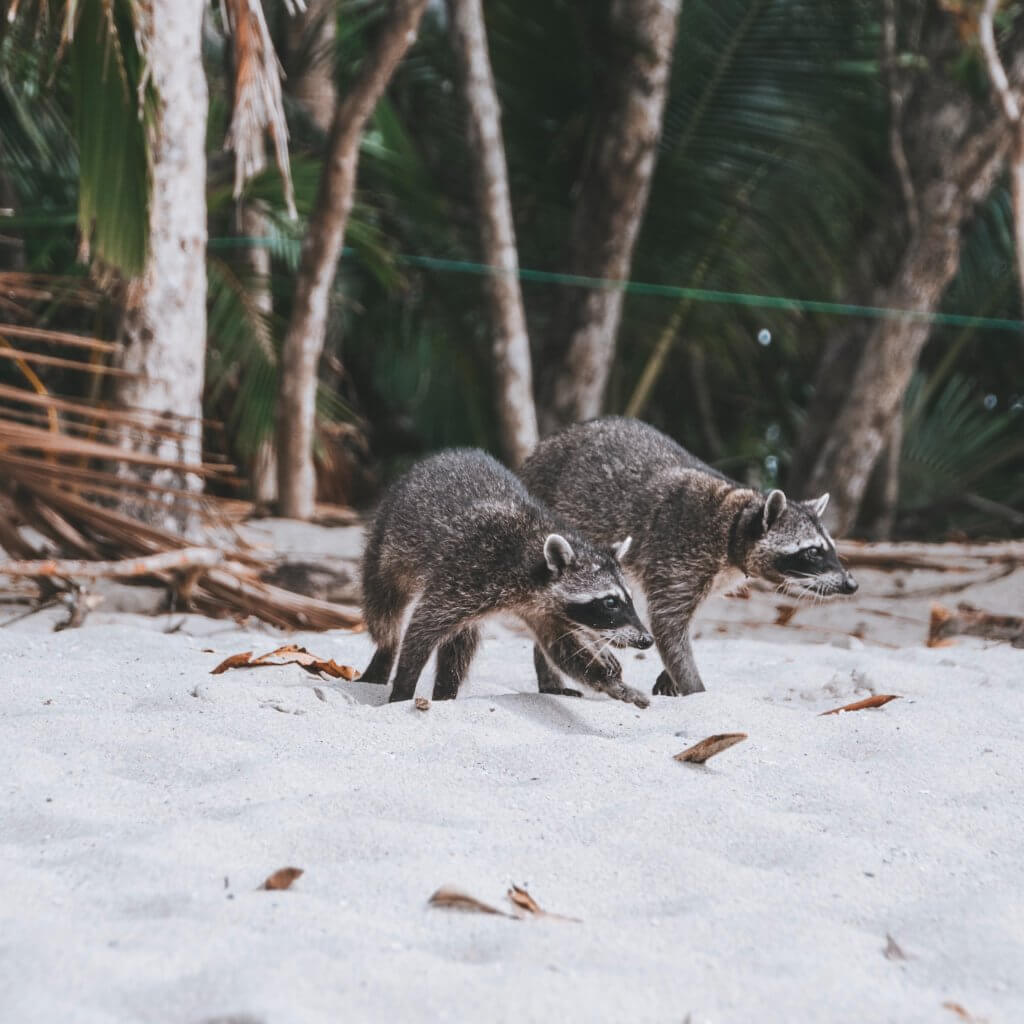
Sources:
- The Gables Raccoon World: Top 10 Raccoon Myths
- ABC Blog: Top 5 Ways to Keep Raccoons Away
- Havahart: What is the Best Method of Raccoon Control





